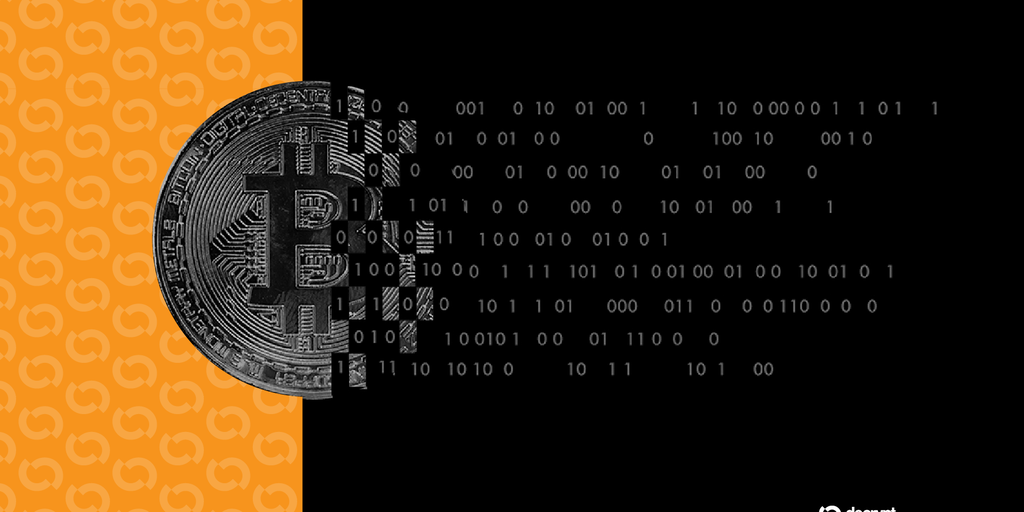Breaking Bitcoin: How Quantum Computers Can Simplify Crypto Hacking
Quantum computing advancements are raising concerns about the security of cryptocurrency and financial systems. Recent findings indicate that breaking widely-used RSA encryption now demands significantly less quantum computing power than previously thought. This discovery could have serious implications for digital currency systems, including Bitcoin’s encryption methods.

Bitcoin relies on advanced security protocols like ECC and SHA-256, which are designed to be more resilient than RSA encryption. However, the pace of quantum computing development suggests that these protections might be vulnerable sooner than expected. As quantum threats emerge, the timeline for secure digital transactions is rapidly narrowing.
Key Takeaways
- Quantum computing poses an increasing risk to financial encryption.
- Bitcoin’s encryption methods may face challenges more quickly than predicted.
- Advancing quantum technologies reduce the margin for security in digital systems.
Bitcoin’s Encryption Could Be At Risk
Quantum computing advancements are raising concerns about the future security of Bitcoin’s encryption methods. While Bitcoin currently relies on elliptic curve cryptography (ECC) and the hashing algorithm SHA-256, these protections may not remain as resilient as previously thought. This worry stems from a recent breakthrough where researchers determined that RSA encryption, a different cryptographic technique, can now be broken in less than a week using fewer than 1 million noisy qubits, a significant improvement compared to prior estimates needing 20 million qubits.
Although Bitcoin’s encryption does not utilize RSA, the efficiency gains in quantum algorithms highlight the growing risk to other cryptographic systems, including ECC. Public and private key functions used in Bitcoin transactions depend on ECC’s security, which quantum computing could compromise sooner than expected. Such developments suggest a narrowing quantum-safe period for Bitcoin, underscoring the need for quantum-resistant solutions in blockchain technology moving forward.
From Theory to Immediate Concern
Quantum computing, once seen as a distant challenge, is now becoming a pressing risk for cybersecurity. Enhanced algorithms and improvements in error correction have drastically reduced computing power requirements for breaking encryption—from multipliers as high as 1000 times to just 2 times. This rapid advancement raises questions for fields like blockchain security, where encryption such as SHA-256 still holds firm for now.
To address vulnerabilities, stronger security measures like two-factor authentication and password managers may become vital defenses. Cybersecurity strategies must evolve to safeguard personal information as quantum systems advance. Organizations may need to prepare for encryption redesigns earlier than anticipated to counter post-quantum computing threats.
Frequently Asked Questions

How could quantum computing impact the security of cryptocurrencies?
Quantum computing has the potential to disrupt the cryptographic algorithms that secure cryptocurrencies. The encryption protocols protecting digital assets like Bitcoin could be broken much faster by quantum systems compared to traditional computers. This could undermine trust in cryptocurrency networks if safeguards are not updated in time.
Why are Bitcoin wallets vulnerable to quantum computing?
Bitcoin wallets rely on public-key cryptography for security. Quantum computers might exploit their processing power to solve the mathematical problems behind these encryption methods, such as breaking private keys. Studies suggest that quantum systems could achieve this significantly faster than earlier predictions indicated, magnifying the threat.
Could banking systems also face risks from quantum computers?
Quantum computers present a similar risk to traditional banking and financial institutions. Systems using RSA or other standard encryption could become vulnerable if quantum decryption capabilities advance far enough. This could jeopardize sensitive banking data unless institutions transition to quantum-resistant encryption.
What steps are being taken to reduce the risks of faster quantum decryption?

Organizations and researchers are exploring quantum-resistant encryption algorithms to prevent vulnerabilities. These approaches include transitioning to post-quantum cryptographic standards, which are designed to withstand attacks from quantum computers. Governments, private companies, and cryptography experts are collaborating on these advancements.
How can blockchain technologies adapt to protect against quantum threats?
Blockchain platforms may evolve by integrating quantum-resistant cryptographic methods. Developers are already investigating protocols built to secure digital ledgers against quantum computing attacks. These advancements could ensure that cryptocurrencies and decentralized systems remain robust.
When might quantum computers disrupt current encryption standards?
Technical estimates vary, but experts generally agree that it could take years or decades for quantum computers to mature enough to pose a widespread threat. However, with new studies showing encryption could be broken 20 times faster than previously expected, timelines might accelerate, emphasizing the need for immediate preparation.






































Comments 1